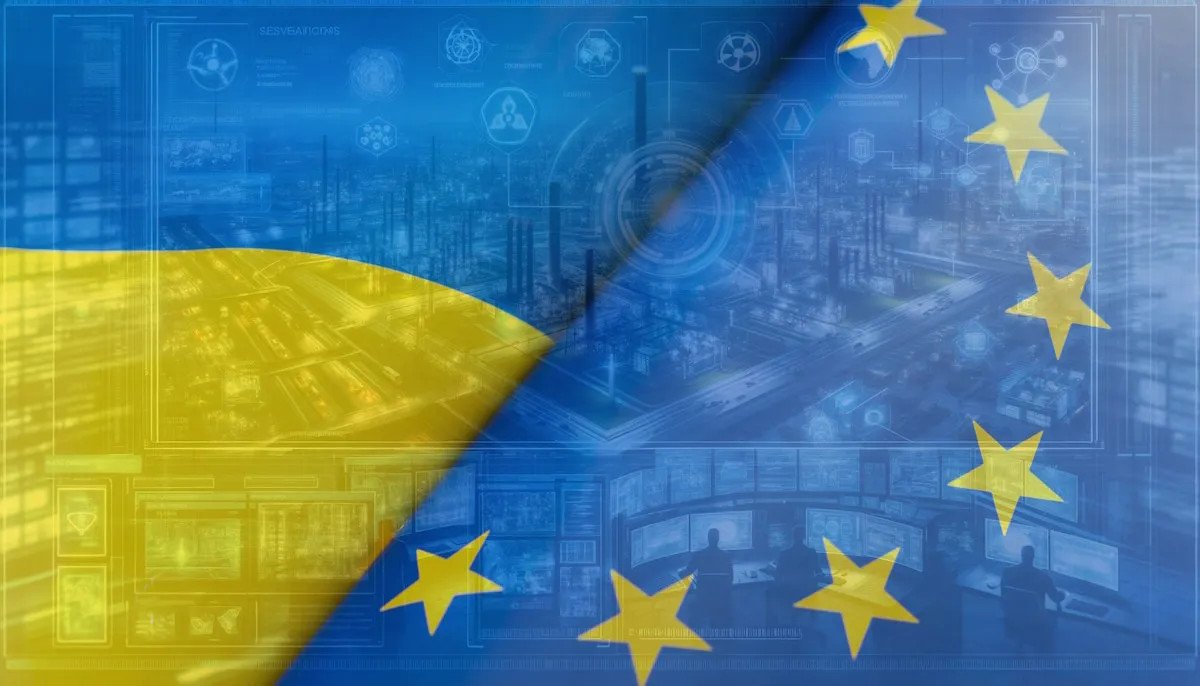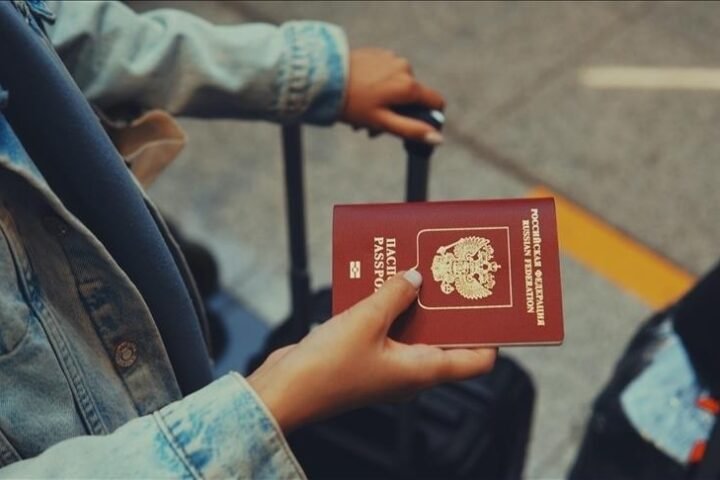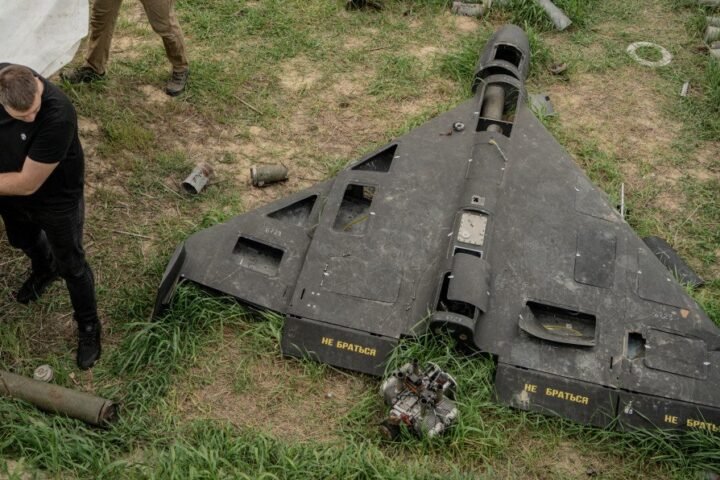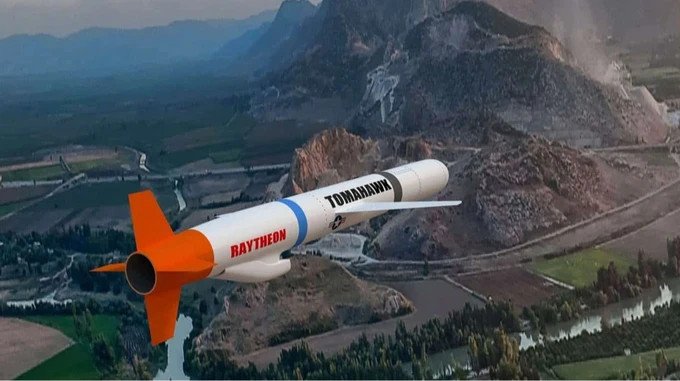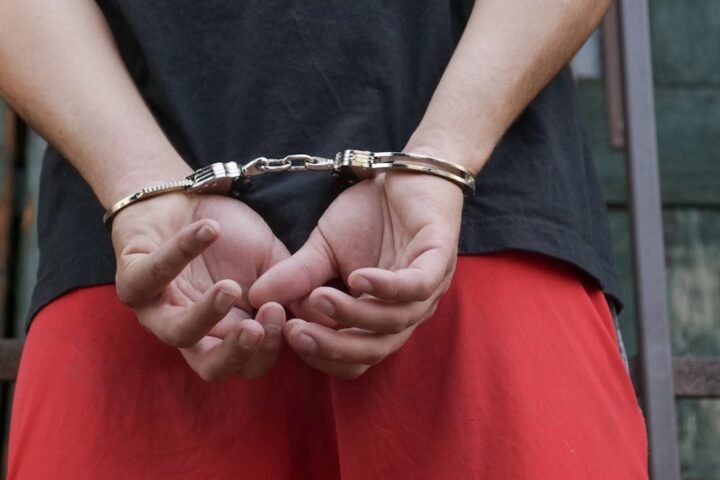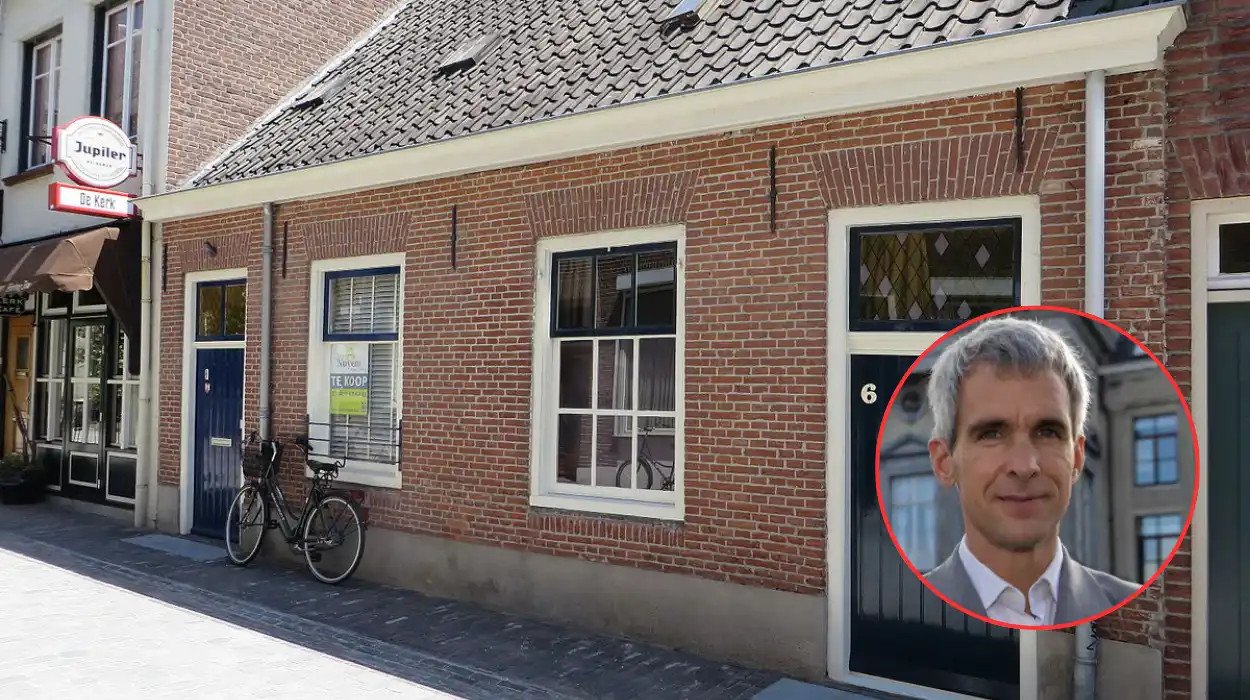Lithuania has intensified its efforts to uncover networks seeking to bypass sanctions imposed on Russia. On August 25, 2025, the Criminal Customs Service of the Republic of Lithuania announced that it had dismantled a smuggling operation in Kaunas, where a company disguised as a fictitious Portuguese firm attempted to ship industrial water purification equipment to Russia. The coordinated operation involved Eurojust, Europol, and law enforcement agencies from Portugal and Bulgaria, highlighting a joint European approach to enforcing sanctions.
Eleven suspects detained and equipment seized across Europe
Lithuanian customs officers carried out searches and detained 11 individuals connected to the scheme. Several tons of equipment, intended for Russian industrial projects, were seized, including three trucks stopped in different locations: one in Kaunas, another near the Lithuanian-Polish border, and a third in Bulgaria. Parallel searches in Portugal targeted the fictitious recipient company, while in Bulgaria authorities inspected a freight terminal storing products from the Kaunas enterprise. In total, water purification systems and components worth more than €2 million were confiscated. Officials noted that much of the equipment, including filters, membranes, and pumps, was destined for use in Russia’s oil industry.
Lithuania and Baltic neighbors push for stricter compliance
Lithuania has positioned itself at the forefront of EU efforts to enforce restrictions against Moscow. Officials emphasize that, while some member states may only formally adopt sanctions, Vilnius consistently works to identify and block evasion schemes. Earlier this month, Latvia’s prosecutor’s office charged members of the local company SIA Arta-F with supplying textiles and raw materials for Russian military uniforms worth more than €6 million. For the Baltic states, Poland, and Finland, sanction enforcement is rooted in their historical experience of facing Russian aggression and authoritarian practices dating back to 1917.
Broader international efforts against sanctions evasion
European enforcement is part of a larger global response. In early 2023, the Dutch government launched an initiative to track suspicious trade flows using a new analytical platform, with early support from the Baltic states, France, and Germany. The United Kingdom created the Office of Trade Sanctions Implementation (OTSI) to investigate violations and impose civil penalties. The United States regularly updates its sanctions lists, warns third countries such as China against aiding Russia, and closely monitors shipments of high-tech components with military applications. In Asia, Japan and South Korea have tightened controls over semiconductor exports and other sensitive goods, while Central Asian and South Caucasus countries, particularly Kazakhstan, Armenia, and Georgia, have increasingly become transit hubs for sanctioned items.
Sanctions enforcement remains a key test for Western unity
Calls for tighter restrictions continue, with French President Emmanuel Macron and Ukrainian President Volodymyr Zelensky urging stronger measures if negotiations with Moscow fail. Regardless of future diplomatic developments, experts agree that the effectiveness of sanctions hinges not only on their scope but on robust enforcement. For Lithuania and its partners, exposing sanction evasion schemes is not just about compliance, but about safeguarding the credibility of international measures designed to pressure Russia.

